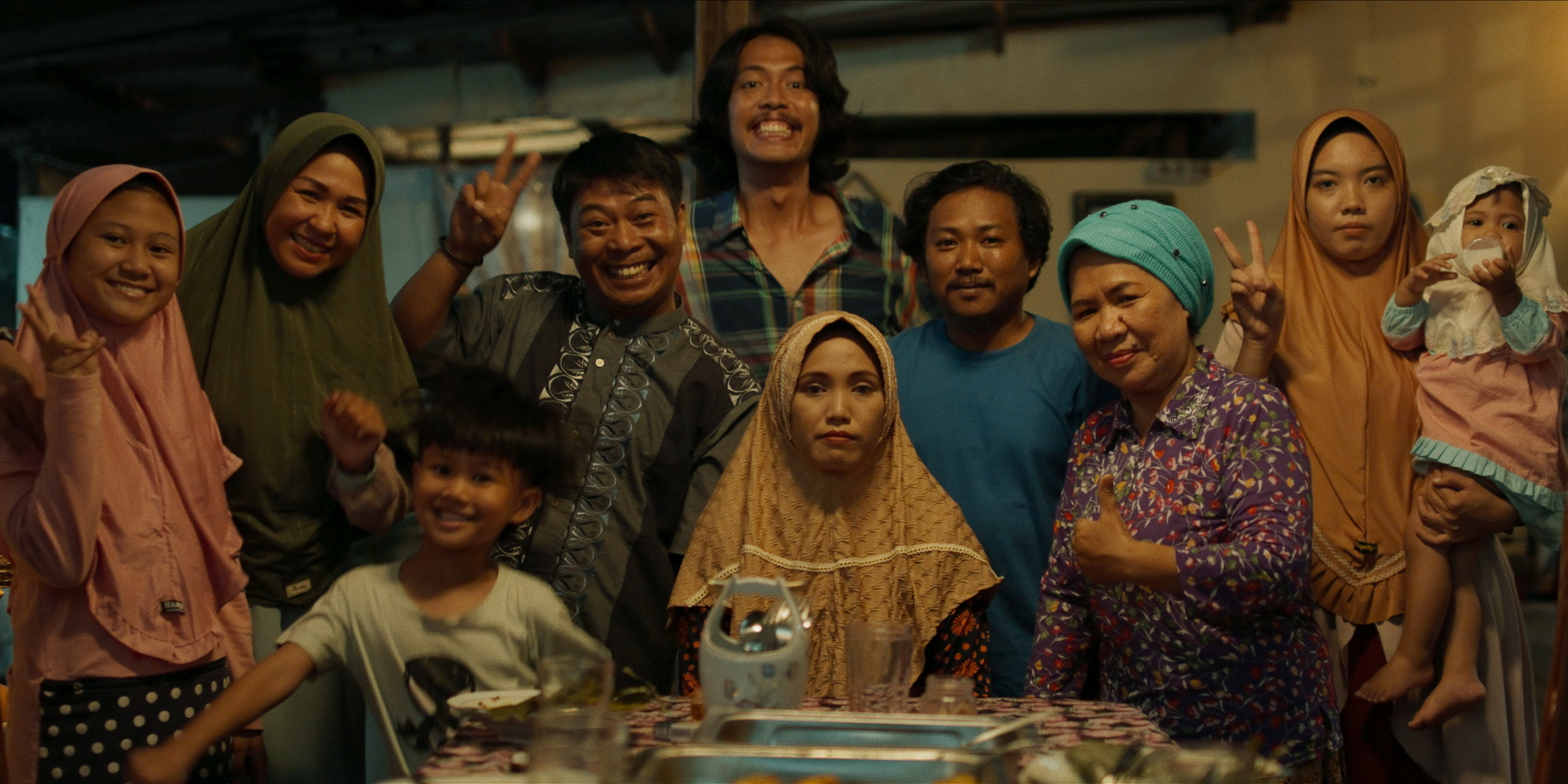by Vanessa Mangiavacca
It is December, 28, 1895 and at the Grand Café on the Boulevard des Capucines in Paris, the Lumière Brothers screen Le repas de Bébé, one of the ten short works selected. Cinematography spawns with the image of a bourgeois family composed of a man, whom we intuit without explanation to be a father, a woman, whom we understand to be a mother, and an infant, inevitably their child, gathered around a table for breakfast. Performing the scene is Auguste Lumière himself with his wife and oldest son.
The biological family is a system made of memories and complex relations and has been at the center of all major artistic, literary and film productions. Parents and children, husbands and wives, sisters and brothers, unconditional love, betrayal, hatred, loathe, resentment: the best and the worst of human nature find within the hearth the perfect place to thrive. But family is also a social, religious, political, and cultural phenomenon in perpetual change with the evolution of society and the passingof generations.
Even today in Italy, family is a highly influential political element, whose sacrality appears to be indisputable. No matter the ways its dynamics risk negatively accentuating the definition of gender roles (male/female) , fueling gender inequalities and limiting freedom of expression for individuals and communities that don’t want to fit into the traditional model. It would be great if family were really an emotional space for connection in which one could choose who to be with, beyond one’s blood and species. A widened and supportive space of care and respect, inclusion and conscious communication: “tentacular”, as Donna Haraway would call it. Imagining at least new kinds of kinship is possible and the narratives of contemporary cinema can help us do so.
As if mother cried that night, Hoda Taheri, Germany, 2023
Basri & Salma in a never-ending comedy, Khozy Rizal, Indonesia, 2023
Grandmamauntsistercat, Zuza Banasińska, Poland, 2024
Juurettomat (The Rootless), Joensalo August, Finland, 2024
Milý tati (Love, Dad), Diana Cam Van Nguyen, Czech Republic / Slovakia, 2021
Nine Easy Dances, Nora Rosenthal, Canada, 2024
Sestre (Sisters), Katarina Rešek, Slovenia, 2020
